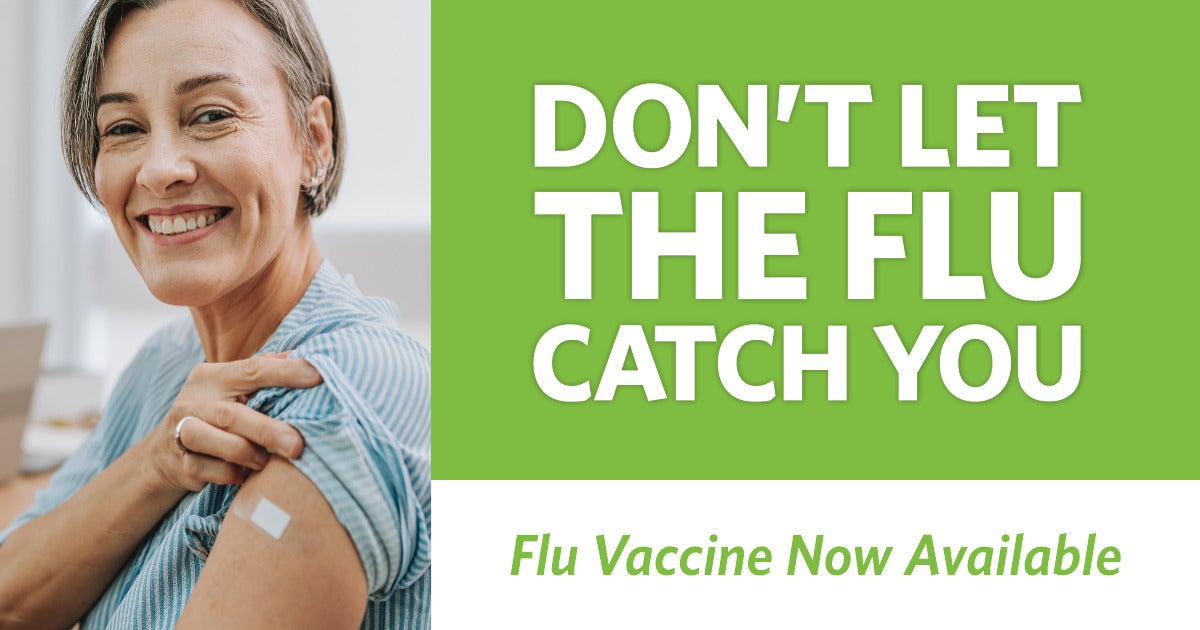
A new vaccine that fights three strains of influenza is now available from health care providers across the U.S.
"As we enter respiratory season, it's important to remember that we have options to help protect yourself and your loved ones," said Mark Callery, D.O., medical director of population health at Utica Park Clinic. "Getting vaccinated for flu and COVID now will reduce the risk of serious complications this fall and winter."
The most effective way to fight the flu is to get vaccinated, says the U.S. Centers for Disease Control and Prevention (CDC). While the virus can spread among the population during the entire year, the flu season is generally in the fall and winter. The peak months for the flu are December through February.
While the CDC recommends you get an annual flu vaccine by the end of October, any time you get it before the peak months will help.
Everyone 6 months of age and older should receive the vaccine to reduce their risk of getting influenza and decrease the flu’s potentially serious complications.
The following groups have a higher risk of developing serious flu-related complications, so vaccination is especially important:
- Adults 65-years and older
- Adults with certain chronic health conditions, such as asthma, heart disease and stroke, diabetes and chronic kidney disease
- Pregnant women - changes to the immune system, heart and lungs during pregnancy make people more susceptible to potentially serious flu complications. Flu may also be harmful to a developing baby.
When you get vaccinated, you reduce your risk of getting sick with flu and possibly being hospitalized due to serious complications.
Most people need only one dose of the flu vaccine each season, but children aged 6 months to 8 years may need two doses. These children include:
- Children getting vaccinated for the first time
- Those who have only previously received one dose of flu vaccine
- Those whose flu vaccination history is unknown
It is recommended they get the first dose as soon as the vaccine is available, because the second dose needs to be given at least four weeks after the first.
In addition, pregnant women in their third trimester should get vaccinated to protect their baby during flu season.
"As we enter respiratory season, it's important to remember that we have options to help protect yourself and your loved ones," said Mark Callery, D.O., medical director of population health at Utica Park Clinic. "Getting vaccinated for flu and COVID now will reduce the risk of serious complications this fall and winter."
Consult your health care provider for specific recommendations about this year’s flu vaccine. For more information on the 2024 flu vaccines, visit Seasonal Flu Vaccines | CDC.
Call 918-579-DOCS (3627) to schedule your flu shot. Or, we offer walk-in appointments for patients at the following Tulsa locations:
Locations
8803 S. 101st E. Ave., suite 165
Tulsa, OK 74133
8 a.m.-4:45 p.m., Monday through Friday
7600 S. Lewis Ave.
Tulsa, OK 74136
7 a.m.-6 p.m., Monday through Thursday and 8 a.m.-3 p.m. on Fridays
539-399-3410
